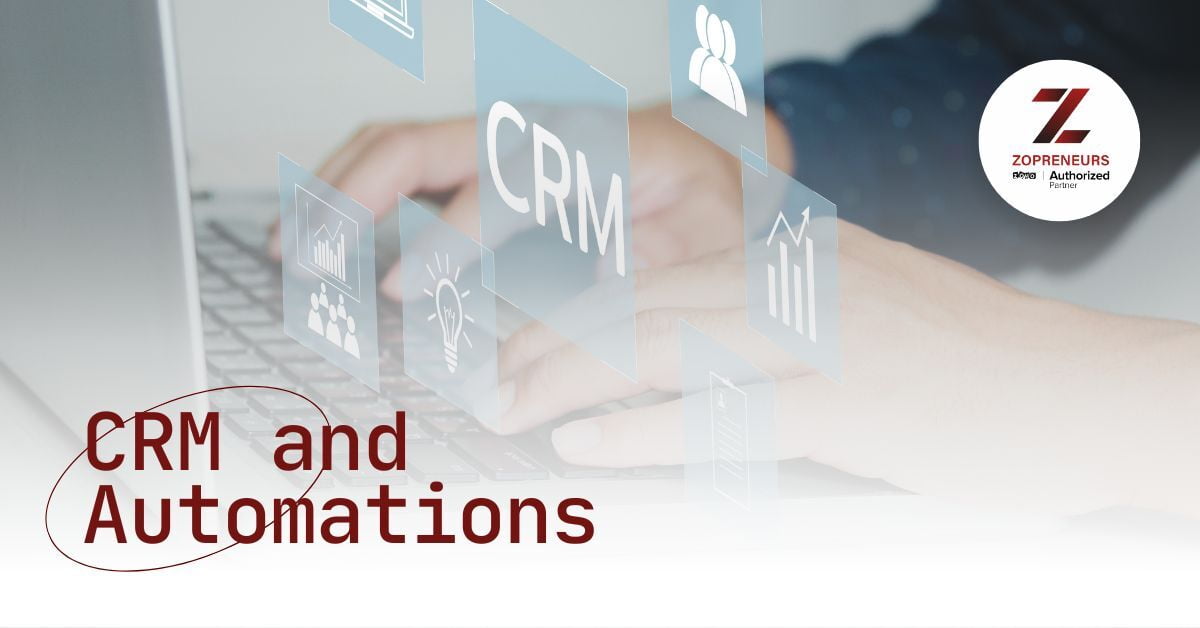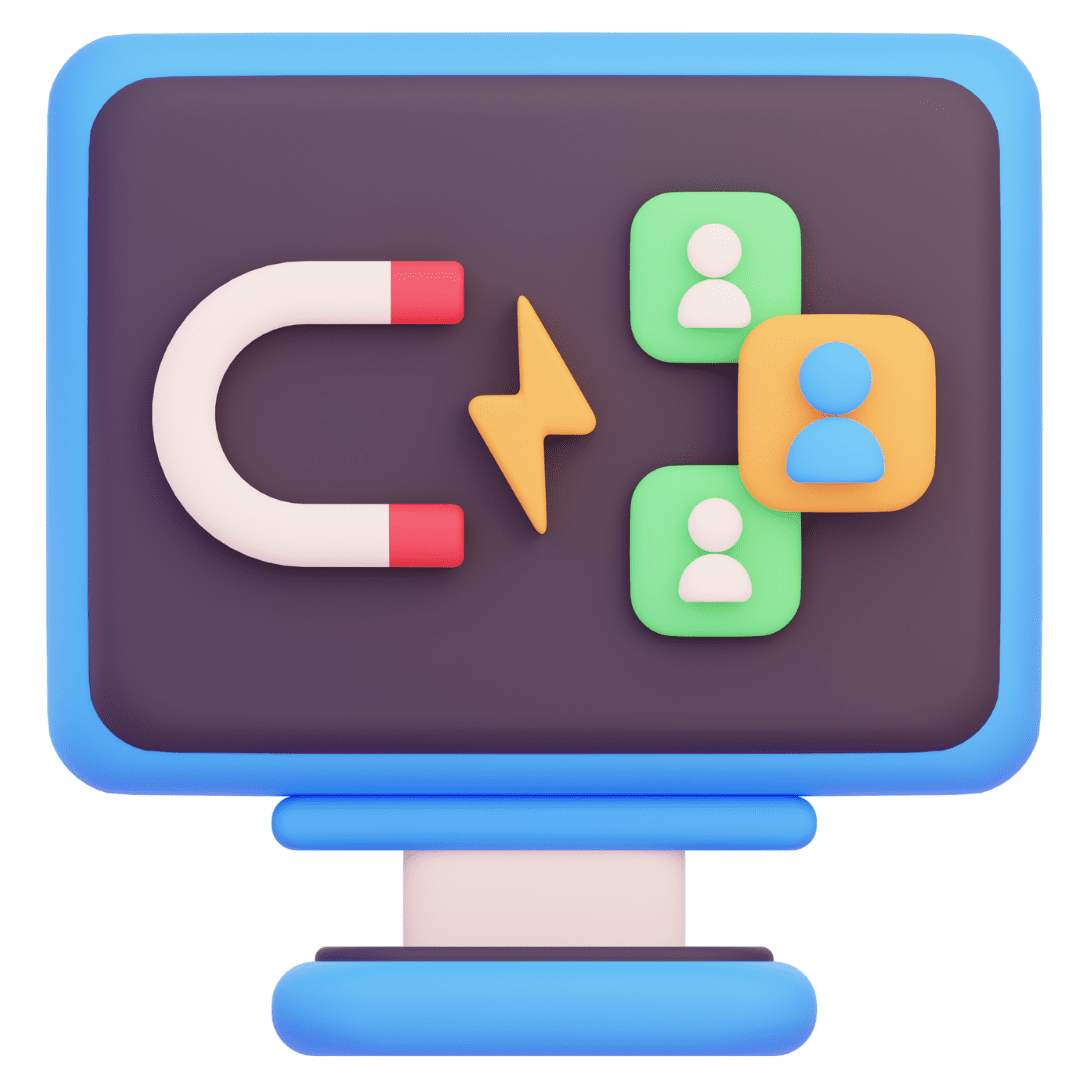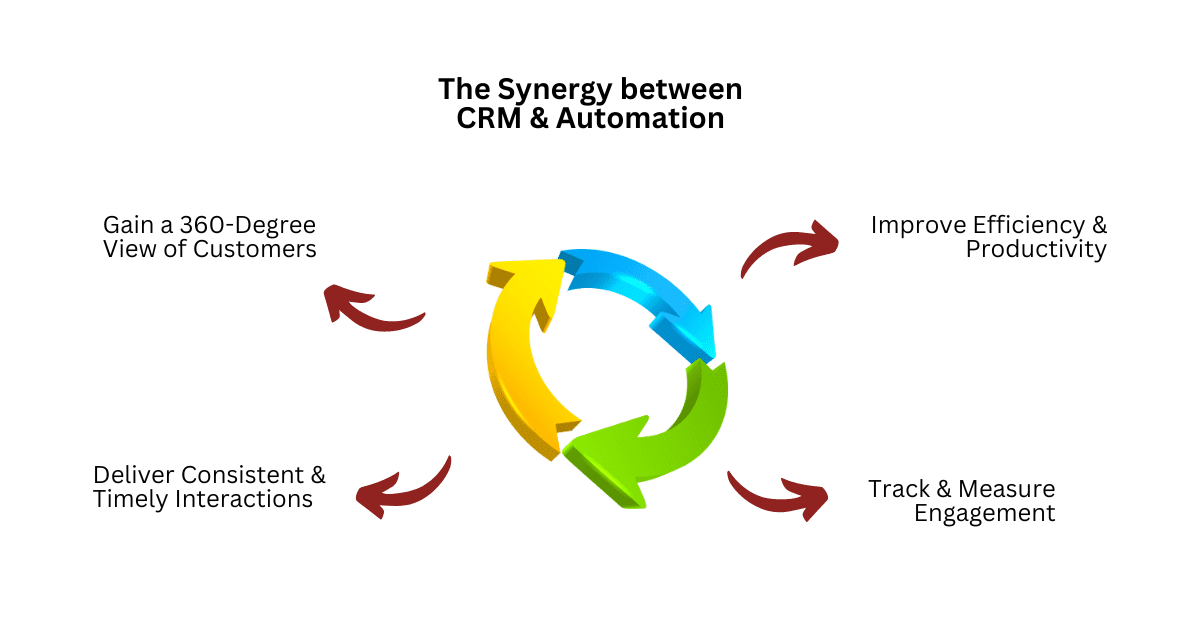
In today's highly competitive business landscape, customer engagement has become a critical factor for success. Engaged customers are more likely to be loyal, provide valuable feedback, and refer your business to others. To effectively engage customers, many organizations rely on Customer Relationship Management (CRM) systems and automation tools. In this blog post, we will explore the art of customer engagement and how CRM and automation work together to create meaningful customer interactions.
Understanding Customer Relationship Management (CRM)
Customer Relationship Management (CRM) is a strategy that focuses on managing and nurturing customer relationships to drive customer satisfaction, loyalty, and retention. CRM systems enable businesses to collect, store, and analyze customer data to gain insights into their preferences, behaviors, and needs. These insights help businesses understand their customers better and tailor their interactions accordingly.

The Role of Automation in Customer Engagement
Automation plays a crucial role in customer engagement by streamlining and enhancing various aspects of the customer journey. By leveraging automation tools, businesses can automate repetitive tasks, deliver personalized experiences, and provide timely and relevant communications.
1. Data Collection and Management
2. Personalized Marketing
3. Customer Service and Support
4. Lead Nurturing and Sales:
5. Customer Feedback and Surveys
6. Proactive Engagement
1. Data Collection and Management: CRM systems automate the collection and organization of customer data from various touchpoints such as website interactions, social media, email campaigns, and sales transactions. This centralized data allows businesses to gain a comprehensive view of their customers, their preferences, and their past interactions.
2. Personalized Marketing: Automation tools integrated with CRM systems enable businesses to create personalized marketing campaigns. By analyzing customer data, businesses can segment their audience and deliver targeted messages based on customers' interests, purchase history, or demographic information. Personalization enhances customer engagement by making customers feel understood and valued.
3. Customer Service and Support: Automation can improve customer service by automating support processes. For example, chatbots can provide instant responses to common customer inquiries, freeing up customer service agents to handle more complex issues. Automated ticketing systems can route customer inquiries to the appropriate departments, ensuring timely and efficient resolution.
4. Lead Nurturing and Sales: Automation helps businesses nurture leads and guide them through the sales funnel. CRM systems integrated with marketing automation tools allow businesses to automate lead scoring, lead nurturing campaigns, and follow-ups. By delivering the right content at the right time, businesses can engage prospects and move them closer to making a purchase.
5. Customer Feedback and Surveys: Automation simplifies the process of collecting and analyzing customer feedback. Automated surveys and feedback forms can be sent at specific touchpoints or after customer interactions, providing businesses with valuable insights to improve their products, services, and overall customer experience.
6. Proactive Engagement: Automation enables businesses to proactively engage with customers based on predefined triggers or events. For example, a CRM system can automatically send a personalized birthday email with a special discount to loyal customers. Such proactive engagement helps strengthen customer relationships and encourages repeat business.

The Synergy between CRM and Automation
CRM and automation work hand in hand to create a seamless and efficient customer engagement process. CRM systems provide a centralized database of customer information, while automation tools leverage that data to automate and personalize interactions.
The synergy between CRM and automation can be summarized as follows:
Gain a 360-Degree View of Customers: CRM systems provide a comprehensive understanding of customers by consolidating data from various sources. Automation tools leverage this data to deliver personalized interactions based on customer preferences and behaviors.
Deliver Consistent and Timely Interactions: Automation ensures that businesses can reach out to customers at the right time and through the right channels. This consistency enhances the customer experience and strengthens engagement by delivering relevant and timely messages.
Improve Efficiency and Productivity: Automation reduces manual effort by automating repetitive tasks such as data entry, lead nurturing, and support processes. This improves overall efficiency, allowing businesses to focus on more strategic activities and providing more time for meaningful customer interactions.
Track and Measure Engagement: Integration between CRM and automation enables businesses to track and measure customer engagement throughout the customer journey. By analyzing engagement metrics, businesses can gain insights into the effectiveness of their strategies and make data-driven decisions for continuous improvement.
